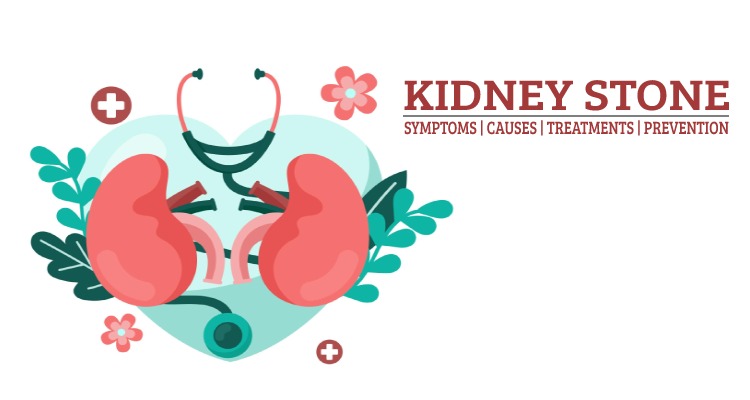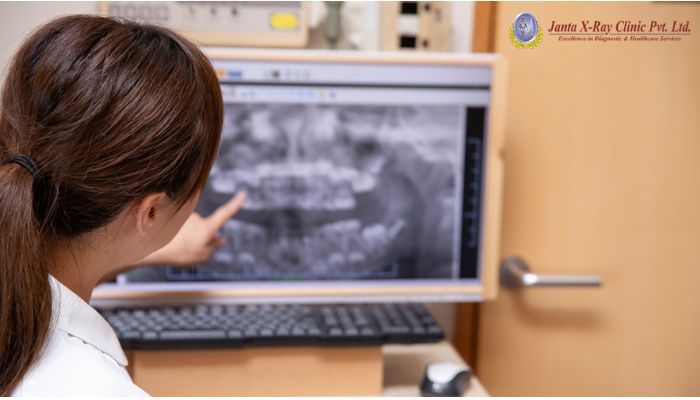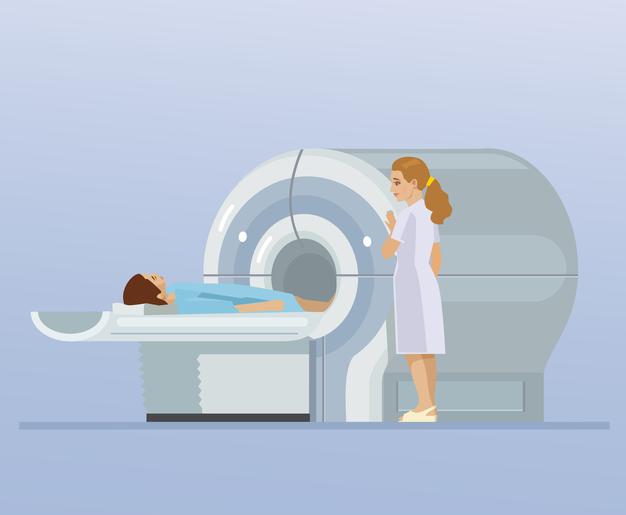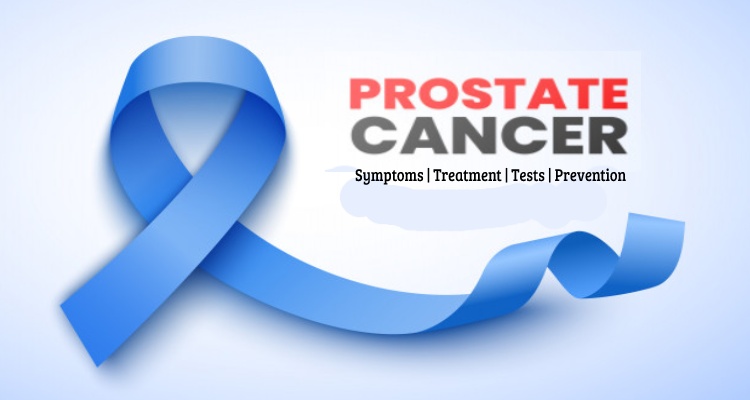What is Kidney Stone - Meaning, Causes, Symptoms, Treatments, & Prevention

Kidney stones, also known as renal calculi or urolithiasis, are hard deposits that contain minerals and salts. Excess body weight, diet and certain medical conditions are among the many causes of kidney stones.
Kidney stones can affect any part of the UI tract. In most cases, stones develop when there is concentration in urine. This allows the minerals to crystallise and stick together. Kidney stones can be in the form of specks or as big as golf balls.
More often, they are the size of a pea. Kidney stones form when a crystal-forming substance is found in the majority of your urine. With these things in mind, let’s see the meaning of kidney stones and their causes and symptoms.
What are Kidney Stones?
Your urine usually contains a large number of dissolved salts and minerals. When urine comprises a large concentration of crystal-forming substances, it can develop stones. In the initial stage, they can be small. However, they can be more extensive with time. There are four types of kidney stones. They are as follows:
- Calcium Stones
Most kidney stones are calcium stones. They mainly comprise calcium oxalate. Certain fruits and vegetables, along with dry fruits, have a high amount of oxalate.
- Cystine Stones
These types of kidney stones form as a result of a hereditary disease called cystinuria. In this condition, your kidney excretes a specific kind of amino acid.
- Uric Acid Stones
Uric acid stones develop who lose too much fluid. Chronic diarrhoea or malabsorption is the main reason behind the formation of uric acid stones.
- Struvite Stones
Struvite stones develop as a response to the infection in the UI tract. These stones can develop quickly and become large. In the case of Struvite stones, you need immediate medical intervention.
Kidney stones can be yellow or brown and smooth or rough in texture. Now that you know about kidney stones and their types, let’s look at the symptoms.
Symptoms of Kidney Stones you must be aware of
There exist various signs of kidney stones one should be aware of. In a majority of cases, a kidney stone will not depict any warning sign. But things can become really painful when it moves within your kidneys. You can experience excruciating pain when it moves into the ureters.
Ureters are the connecting tubes that join the urinary bladder and the kidneys. And if the stone creates congestion in the ureters, it may block the flow of urine. This may result in the swelling of the kidneys. It also makes the ureter spasm, which can be pretty painful.
Here are the symptoms you may experience when kidney stones create congestion in the ureters.
- You will experience sharp pain which will radiate throughout the groin and the lower abdomen
- Experiencing pain or burning sensation while urinating
- Excruciating pain below the ribs and on your sides
- You will experience pain that will fluctuate in intensity
Here are some of the other signs associated with kidney stones.
- Brown or red urine
- Frequent tendency to vomit after meals
- Cloudy or foul-smelling urine
- If the infection is present, you are likely to experience fever with chills
- Bladder incontinence and the tendency to urinate frequently
Cause of Kidney Stones- What should you know?
The formation of stones in your kidney doesn’t have any definite or single cause. Kidney stones can develop when your urine comprises a large number of crystal-forming substances. In this scenario, your urine fails to dilute this large concentration of crystal-forming substances.
This creates a suitable scenario for the kidney to develop stones. There are other possible causes too which can contribute to the formation of stones in your kidneys. For instance, not drinking water enough is a valid cause of kidney stones. Some other reasons for kidney stones are as follows:
- Weight loss surgery
- Obesity
- Consuming fructose in enormous quantities
The Treatment Procedures associated with Kidney Stones
Kidney stones treatment depends on the overall size of the stone and what it is made of. The treatment procedure would also depend on whether or not the stone is blocking your urinary tract. To ascertain the proper treatment, your doctor may ask you to undergo the following types of tests.
- Blood Test
- Urine Test
- X-Ray
- CT Scan
Out of all these diagnostic tests, a CT scan is the most sophisticated one. Modern-day urologists usually ask patients suffering from kidney stones to undergo a CT scan test. Based on the results of the test, your doctor may prescribe the proper treatment.
Lithotripsy is one of the most preferred treatment options to treat kidney stones. This treatment relies on shock waves which can break kidney stones, thereby relieving you from pain. Ureteroscopy is another treatment procedure that can effectively remove kidney stones.
How to Prevent Kidney Stones?
The best method related to kidney stone prevention is by drinking enough water and fluids every day. When you drink enough fluids, there are fewer chances of the formation of crystal-like substances.
Moreover, limiting the amount of animal protein and sodium in your daily diet can help with the prevention of kidney stones. If your doctor is able to determine the type of stone in your kidney, it becomes easier for both of you.
Let’s hope that the information mentioned above would help you avail of prompt treatment. Maintain a healthy diet and exercise often to avoid the formation of kidney stones.
Disclaimer: The information on this website should not be used as a substitute for professional medical care or advice. Contact a health expert if you have questions about your health.





.jpg)




.jpg)
.jpg)
.png)
Comments List